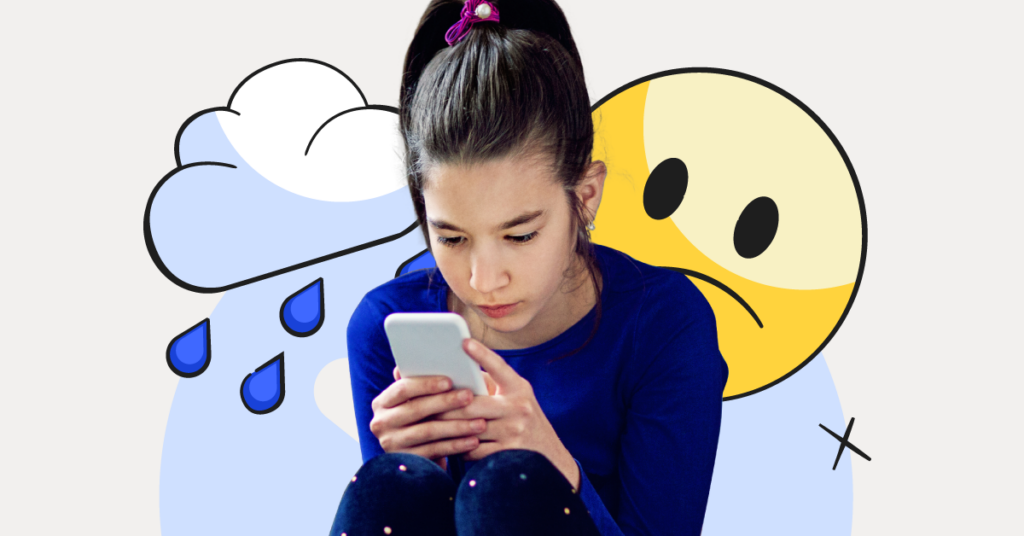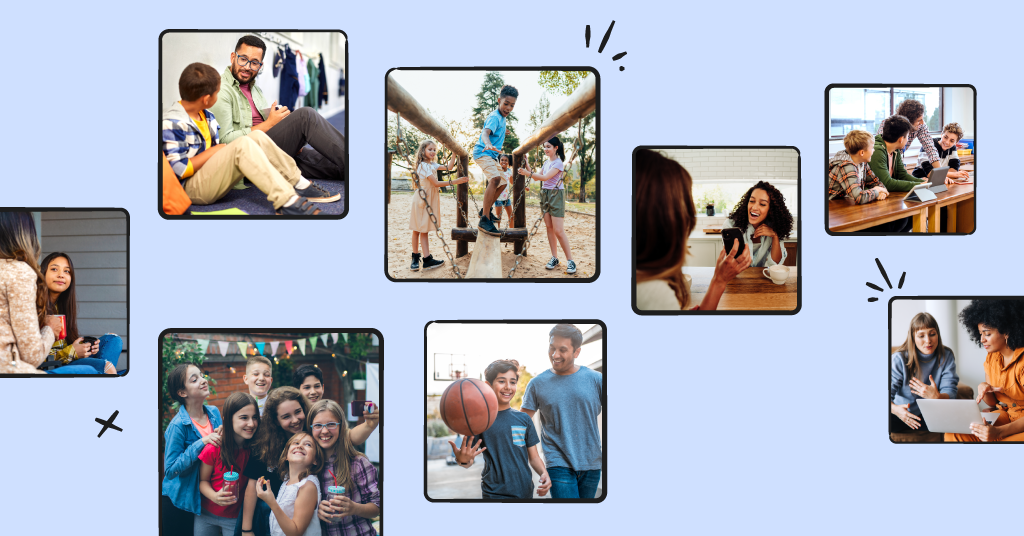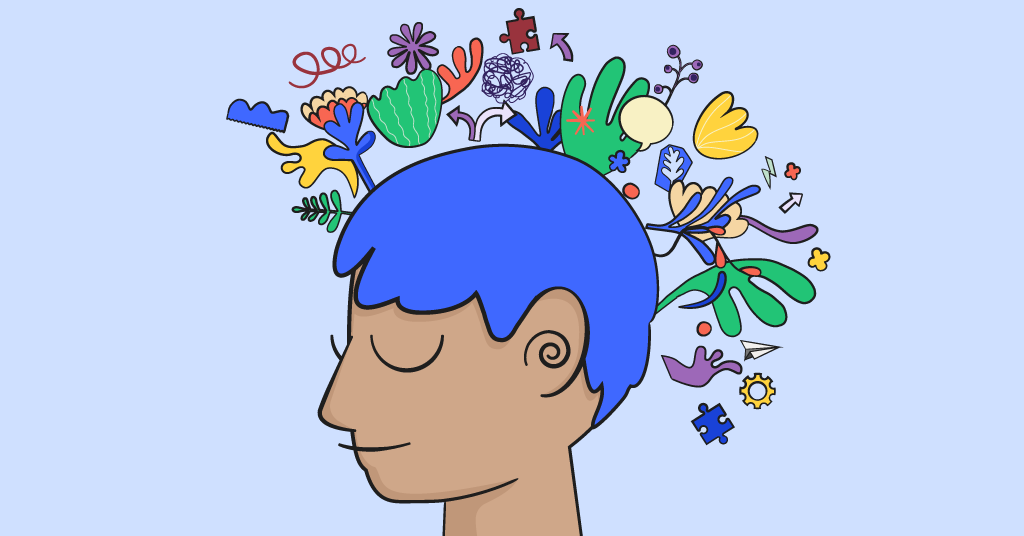
**Note: This list was updated on January 2, 2025.**
If you suspect your child may be struggling with depression, you may feel a mix of emotions. From fear and concern to anxiety and powerlessness, it can be a stressful experience for your entire family. It can also be hard to spot — depression can look pretty different in young people than it does in adults. Teens and tweens even talk about it differently, in ways that older generations may not quite understand.
This blog post contains depression phrases and slang that kids often use to communicate their feelings. Hopefully, this resource will help families notice symptoms earlier and get kids help when and if it’s needed.
What Is Depression?
Depression is more than just “the blues” or a sad period following a life event like a death in the family. It’s a serious illness that can affect the way you think, feel, and behave. Kids and adults alike can experience depression, but it can present a little differently in younger people. Here are some of the more common symptoms of depression in kids:
- Changes in social behavior
- Sleeping too little or too much
- Academic struggles
- Lack of self-care or personal hygiene
- Loss of interest in activities
- Talking about suicide
Commonly Used Depression Phrases
“Nothing matters”
One of the hallmarks of depression is a loss of interest in previously enjoyed activities. For kids, this can look like no longer playing video games, quitting after-school sports, or even stopping hanging out with friends and family.
“Everything is so hard”
Feeling overwhelmed can be a scary experience for anyone, but for kids, it can be even more so. Depression can make the daily tasks of life — like brushing teeth or doing homework — seem nearly impossible. Complicating this struggle, a sense of shame often follows when these tasks are left undone, making the depression even more all-consuming.
“I’m just so tired”
Sleeping more (or less, in some cases) can be one of the symptoms of depression. It can be hard to tell the cause, though. Poor sleep habits can cause and contribute to depression. At the same time, depression may contribute to disruptions in sleep. Regardless of the cause, however, people with depression aren’t just “sleepy.” Their bodies are tired in ways that others aren’t.
“You wouldn’t understand”
It can be easy for people struggling with depression to feel like no one else has ever gone through what they’re experiencing. In this way, depression is a bit of like wearing blinders, enabling a false — but seemingly very real — sense of isolation and alienation. In many cases, the opposite is true — other people in their life can definitely relate to what they’re going through and often want to help in any way they can.
“My stomach hurts”
A child’s body may react differently to depression, and they often don’t have the words to describe these feelings. Stomachaches and headaches are often reported as symptoms in kids struggling with depression as they try to make sense of the scary emotions they’re dealing with.
Depression in Teen Slang
We’ve deciphered some prominent depression slang and depression phrases that kids use to get around the content moderation filters on apps like TikTok.
Depressy — One of the more common phrases for depression, this is a shortened way of saying “depressed,” but is meant to be darkly humorous.
Grippy sock vacation — Refers to being in psychiatric care, where they give patients socks that have a rough texture on the bottom to prevent them from slipping.
Doom scrolling — The act of staying absorbed in one’s phone to the detriment of their well-being and mental health.
Sewerslide — Code word for “suicide” since it rhymes and can get past social media moderation.
Menty b —Short for mental breakdown. Often used as a tongue-in-cheek way of describing emotionally heavy times. Ex.: "I'm having a menty b over this homework right now."
Unalive — Code word for “die” or “kill.” Ex.: Joe tried to unalive himself last night.
I had pasta tonight — Code phrase for expressing that you have suicidal thoughts.
I finished my shampoo and conditioner at the same time — Code phrase for expressing that you have suicidal thoughts.
How Bark Can Help
Signs of depression occur in everyday activities and real-life interactions, but they can also occur in a child's digital activities. Kids may have text conversations using depression slang and phrases for depression, journal about their feelings in a Google Doc much like they would in a diary, or post memes about suicidal ideation on their private social media accounts. Parents don't always have access to these inner workings of a child’s world.
This is where Bark can help families. By monitoring social media, texts, messaging apps, and email, we help identify and report on alarming digital behavior. Bark’s sentiment monitoring also uses the tone of messages to give parents insight into their child’s emotional state. Together, these insights can help a parent take action sooner so they can support their child when needed.
Read more
Bark helps families manage and protect their children’s digital lives.





